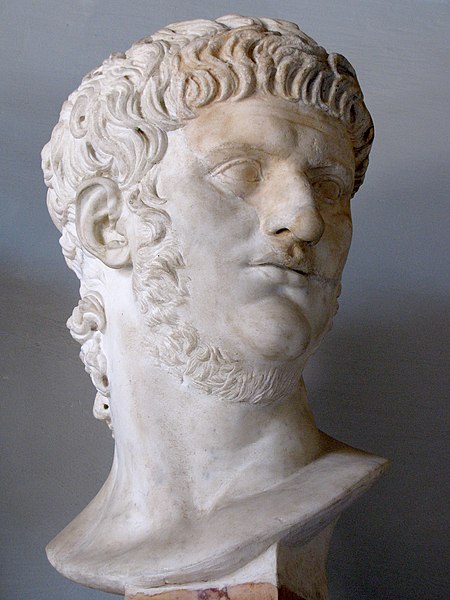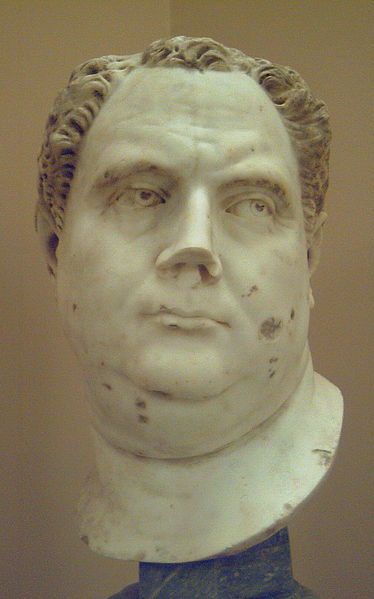Infinite photos and videos for every Wiki article ·
Find something interesting to watch in seconds
Animals
Celebrities
Presidents
Largest Empires
Sports
Richest US Counties
Kings of France
Wars and Battles
Crown Jewels
Orders and Medals
Recovered Treasures
Great Cities
Rare Coins
Famous Castles
Largest Palaces
Supercars
Great Museums
Countries of the World
Great Artists
British Monarchs
Best Campuses
Ancient Marvels
History by Country
World Banknotes
Wonders of Nature
Tallest Buildings
more top lists








